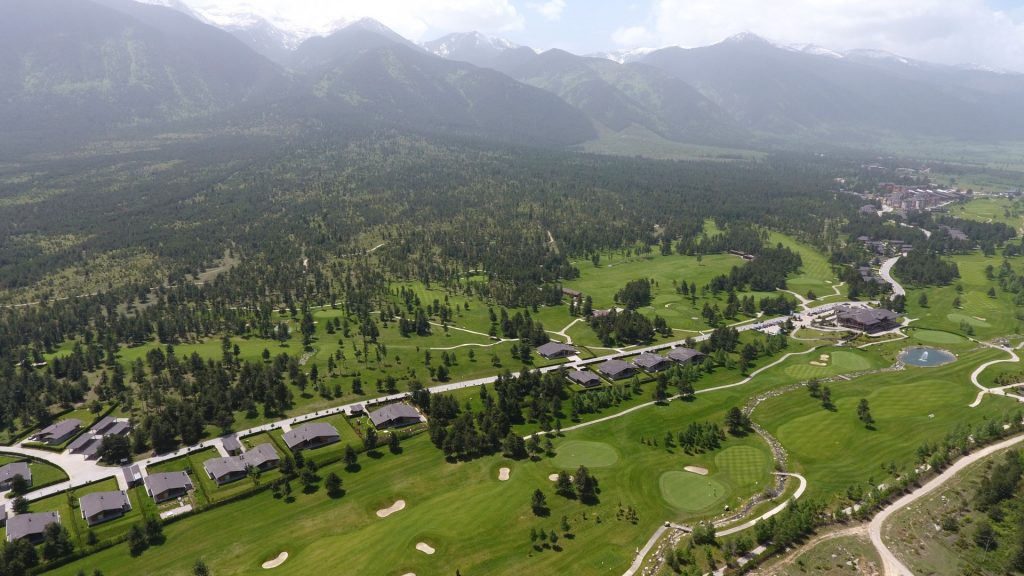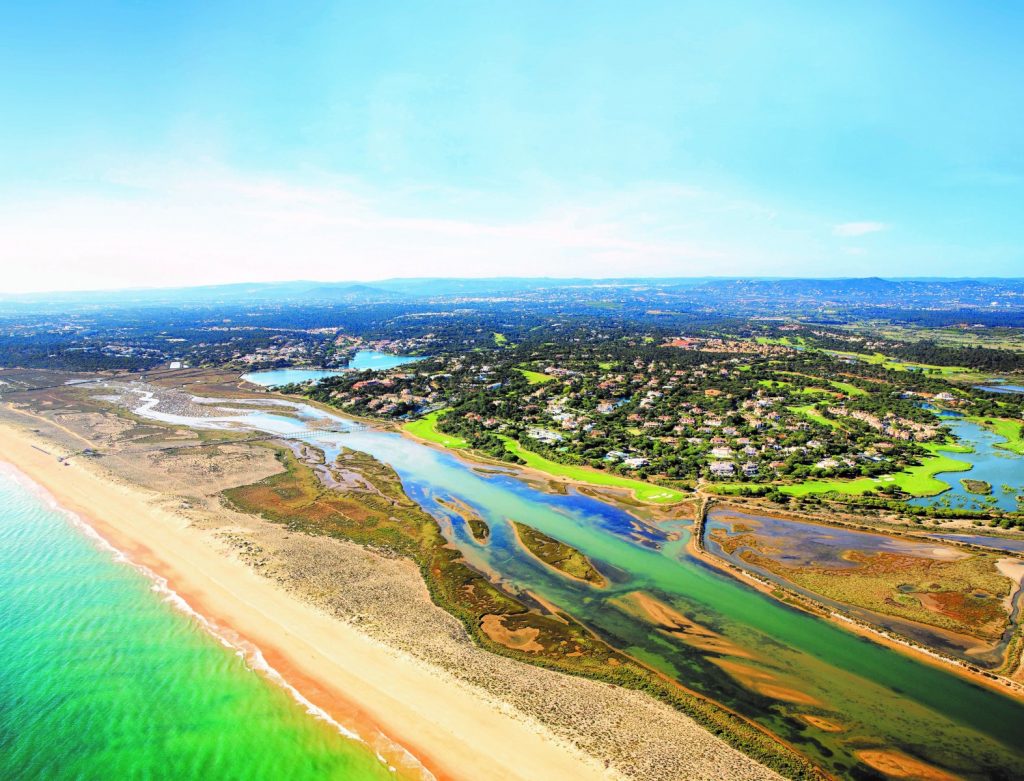Significant optimism is growing from within the golf real estate sector, despite prevailing economic uncertainty and pressures to deliver carbon neutrality by 2050.
European Tour Destinations’ real estate consultant, Sandra Ruttle, believes golf real estate developers, such as those within the network, that are implementing sustainability-focused solutions are not only tackling issues concerning the environment with actions aimed at reducing the impact of climate change, but also generating fruitful opportunities for investors.

“The path to net-zero can provide welcome economic savings for savvy property developers – and is an area some of our European Tour Destination venues are proving they can capitalise on,” explained Sandra.
“In our new ‘Building sustainable golf real estate’ feature, which highlights some of the innovative approaches being undertaken by world class venues within our network, we also explore how real-estate leaders and developers are having to revalue assets and decarbonise in order to create new business opportunities.”
The feature delves into how three European Tour Destinations are adapting to the shift in status quo and embracing environmental and economic sustainability to deliver energy efficiencies and savings in their development projects:
- Pirin Golf & Country Club, in Bulgaria: Reducing construction times by up to 60% through modern methods of construction (MMC)
- Quinta do Lago, in Portugal: Developing world-class amenities to create an all-year-round destination with a strong community focus
- Costa Navarino, in Greece: Investing 8% of its budget into environmental practices and leaving 90% of total land unspoiled

Sandra added: “Sustainable real estate development is being heralded as the next step in investor evolution, and for those wanting to remain at the forefront of their industry, it is an absolute must.
“That is why we are glad to see European Tour Destination resorts such as Costa Navarino, Quinta do Lago and Pirin Golf & Country Club placing themselves in a position to benefit for the next decade – if not more – serving as a blueprint of success to the global golf and real estate sectors,” she continued.
 “Our network of world class venues provides a fantastic framework where destinations can come together and learn from each other, share best practices and gain valuable insights, albeit facing differing economic situations and environmental landscapes.
“Our network of world class venues provides a fantastic framework where destinations can come together and learn from each other, share best practices and gain valuable insights, albeit facing differing economic situations and environmental landscapes.
“Having this access to each other is proving vital as golf destinations develop strategies to cope with the challenges that all industries, not just golf, are facing in 2023 and beyond.”
Click here to read the full feature




